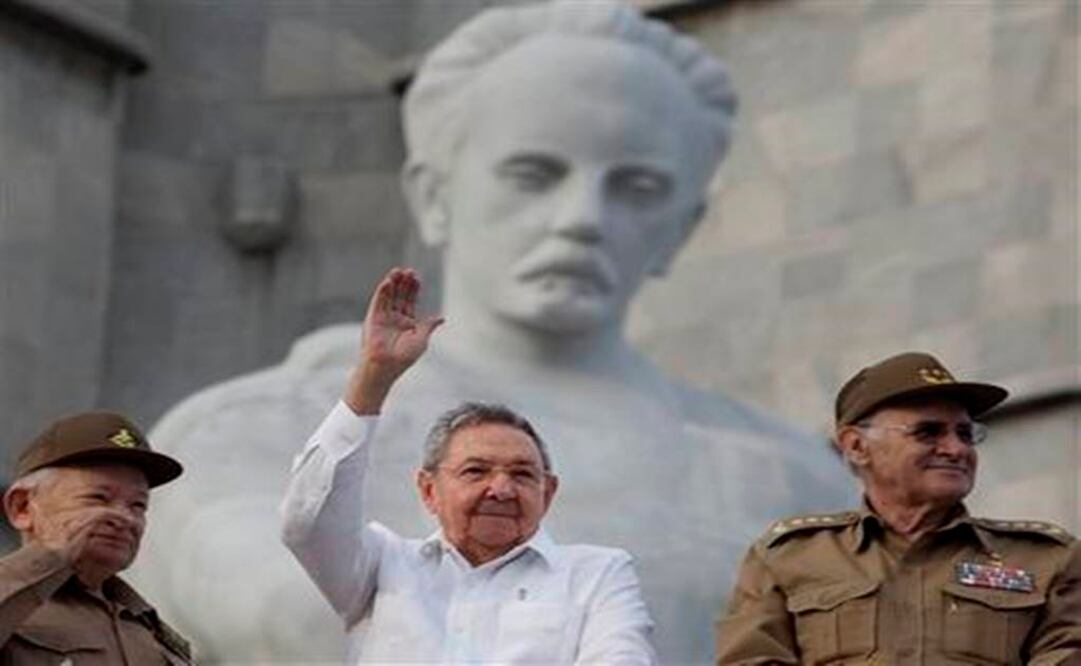Mexicans are looking to increase trade with Cuba as Cuban President Raúl Castro makes his first state visit to Mexico, and the first such trip since relations between the two countries went cold in the early 2000s.
With Cuba experiencing some limited economic opening in recent years and renewing diplomatic ties with the United States, Mexico sees an opportunity to expand its economic interests in Cuba and other larger economies of the Caribbean.
"We believe we are in a privileged position to have more presence on the island because it's close, we share the Caribbean Sea and because of many things," said Socorro Flores, Mexico's deputy foreign minister for Latin America.
Castro was scheduled to arrive in the Yucatán peninsula city of Mérida late Thursday and meet with his Mexican counterpart, Enrique Peña Nieto, on Friday.
For some experts, Mexico's interest runs parallel with what many consider Cuba's plans to increase ties with the outside world before the U.S. ends its 50-year embargo against the island.
"The strategy of Cuba, before the embargo is lifted and U.S. can reach everything, (is) to diversify its foreign economic relationships, and Mexico can be a good partner," said Ana Covarrubias of the College of Mexico.
After chilly relations under Mexico's two previous conservative governments, Peña Nieto has made clear he wants to renew historically close ties with Cuba. His Institutional Revolutionary Party, which ruled for 71 years before losing the presidency in 2000, always had a respectful relationship with Cuba's communist government despite U.S. pressure to cut off ties.
Cuban President Fidel Castro was in Mexico in 2002 to attend a United Nations conference in Monterrey, where he said then-Mexican President Vicente Fox told him to leave. Raúl Castro, who assumed Cuba's presidency from his brother in 2006, participated in a Latin America summit in the Mexican resort city of Cancun in 2010.
According to official statistics, total trade between Mexico and Cuba in 2014 amounted to about US$374 million, a small sum against the US$500 billion in two-way business last year between Mexico and its main trading partner, the United States.
Two of the seven companies that received approval to develop the Cuban port of Mariel are Mexican. The Mexican government has said the signing of some bilateral agreements in areas such as tourism and education are expected during Raúl Castro's visit.
Experts said there are some sensitive issues between Cuba and Mexico, such as migration. Mexico has seen an increase in the arrival of Cuban migrants in recent months, in what analyst Covarrubias said is a reflection of Cuba's new relationship with the United States.
Normalizing relations between Cuba and the United States will get rid of the automatic refugee status that Cubans enjoy as soon as they reach U.S. soil. Many are trying to get in before that ends.
Migration statistics show that from January to September this year, 6,447 Cubans were stopped for not having proper documentation to be in Mexico, twice the number for all of 2014.
Noticias según tus intereses
[Publicidad]
[Publicidad]














